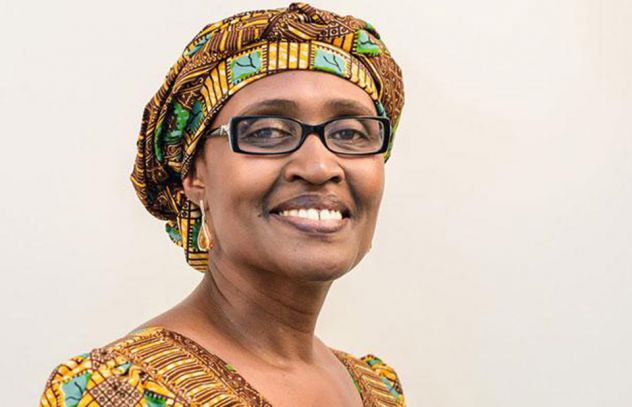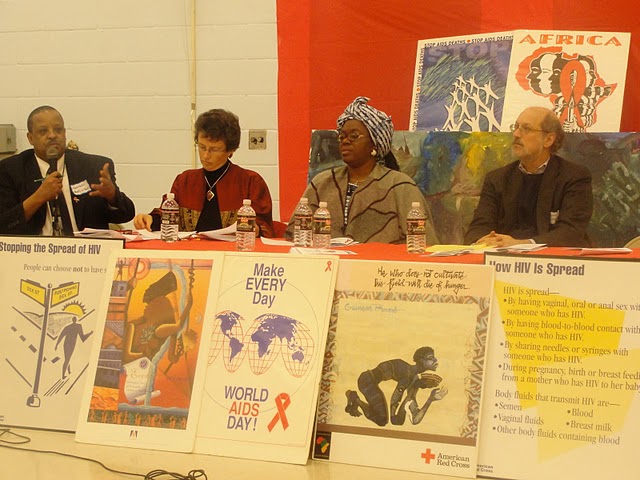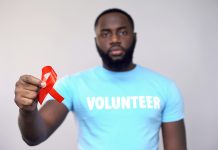

Winnie Byanyima is the new executive director of UNAIDS, the joint United Nations Programme on HIV/AIDS that leads and inspires the world to achieve its shared vision of zero new HIV infections, zero discrimination and zero AIDS-related deaths. Ms Byanyima has more than 30 years of experience in political leadership, diplomacy and humanitarian engagement.
The United Nations Secretary-General, António Guterres, appointed Ms Byanyima following a comprehensive selection process that involved a search committee constituted by members of the UNAIDS Programme Coordinating Board. The UNAIDS Committee of Cosponsoring Organizations made the final recommendation on the appointment to the Secretary-General.
“I am honoured to be joining UNAIDS as the Executive Director at such a critical time in the response to HIV,” said Ms Byanyima. “The end of AIDS as a public health threat by 2030 is a goal that is within the world’s reach, but I do not underestimate the scale of the challenge ahead. Working with all its partners, UNAIDS must continue to speak up for the people left behind and champion human rights as the only way to end the epidemic.”
Ms Byanyima brings a wealth of experience and commitment in harnessing the power of governments, multilateral agencies, the private sector and civil society to end the AIDS epidemic around the world. Ms Byanyima has been the Executive Director of Oxfam International since 2013. Prior to that, she served for seven years as the Director of Gender and Development at the United Nations Development Programme.
Ms Byanyima began her career as a champion of marginalized communities and women 30 years ago as a member of parliament in the National Assembly of Uganda. In 2004, she became the Director of Women and Development at the African Union Commission, working on the Protocol on the Rights of Women in Africa, an international human rights instrument that became an important tool for reducing the disproportionate effect of HIV on the lives of women in Africa.
She holds an advanced degree in mechanical engineering (in energy conservation and the environment) from the Cranfield Institute of Technology and an undergraduate degree in aeronautical engineering from the University of Manchester.
UNAIDS unites the efforts of 11 UN organizations—UNHCR, UNICEF, WFP, UNDP, UNFPA, UNODC, UN Women, ILO, UNESCO, WHO and the World Bank—and works closely with global and national partners towards ending the AIDS epidemic by 2030 as part of the Sustainable Development Goals.
About UN News Service
- Web |
- More Posts(39)






